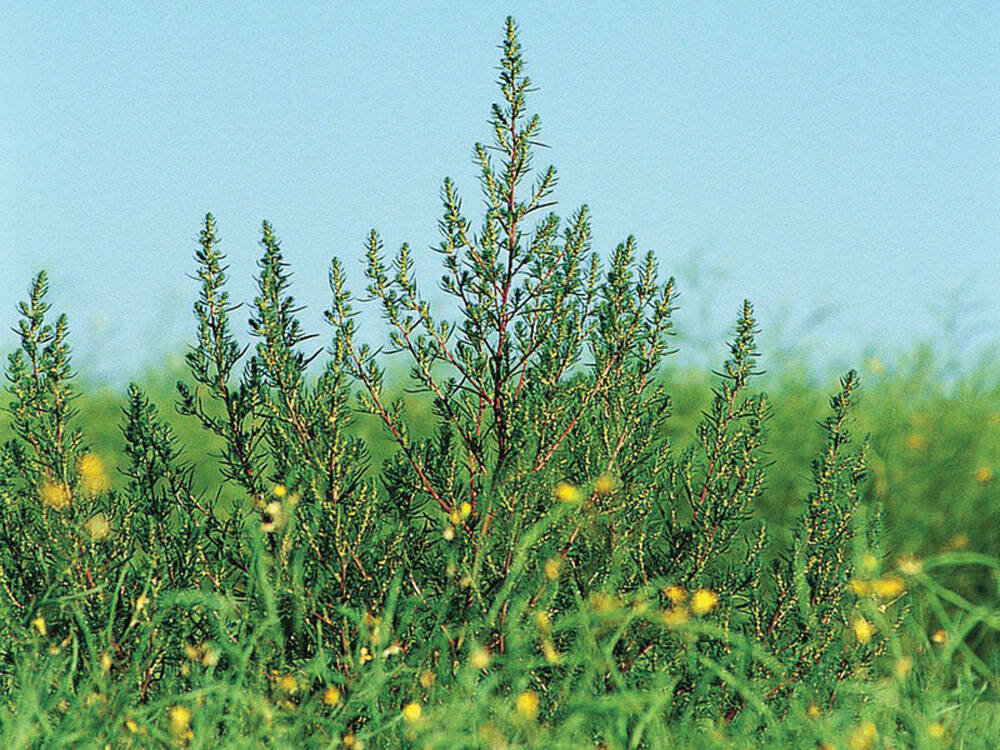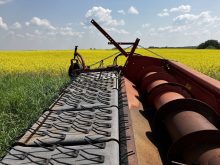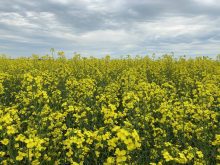Ontario’s farm program delivery agency has put a seven-day extension on deadlines for seeding and reporting winter wheat acres in the province’s south.
Citing “advancements in farm management techniques and hardier varieties of wheat,” Agricorp on Friday announced a new set of deadlines for winter wheat and organic winter spelt.
For all fall-seeded crops, the deadline to make coverage changes and to report final acres to Agricorp will be Nov. 8. For winter wheat and organic winter spelt, the new deadline to pay the production insurance premium will be Nov. 22.
Read Also

FMC Canada unveils 2026 crop protection roster
FMC Canada’s crop protection lineup for 2026 will include four products marketed for control of kochia.
The final seeding date for winter wheat and organic winter spelt will be Nov. 7 in areas A, B and C, which cover much of southern and southwestern Ontario — except in area B east of Belleville, where the date will be Oct. 17.
For area D, which covers the area of southern Ontario north of area B, the seeding deadline will be Oct. 27 — except in area D east of Belleville, where the date will be Oct. 8.
In northern Ontario — the part of area E including Nipissing, Timiskaming, Parry Sound, Manitoulin and Muskoka — the final planting date will be Wednesday (Oct. 1).
In northwestern Ontario, the part of area E including Kenora, Rainy River, Thunder Bay and Sudbury, the deadline was Sept. 15. That area is now eligible for winterkill coverage, Agricorp noted.
Insured winter wheat growers will have until Sept. 1, 2015 to report their yield.
Agricorp said its decision to extend deadlines was based in part on input from the province’s cereal crop specialist Peter Johnson, as well as on a “historic review” of planting dates against production insurance reseed and production claims, and on climate data for the last 30 years.
“Data also showed most producers plant as close to the optimal seeding date as possible, but are influenced by weather and the previous crop’s harvest,” Agricorp noted.
Delays in the 2014 growing season “will likely require producers to plant later than normal,” the agency said. — AGCanada.com Network

















